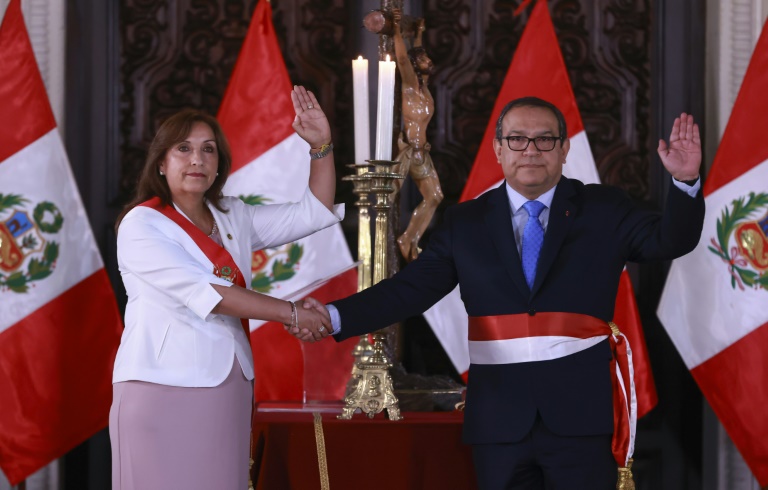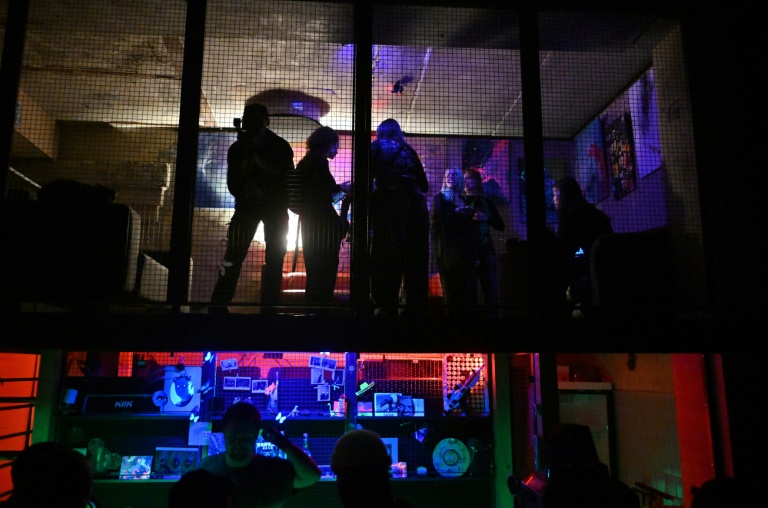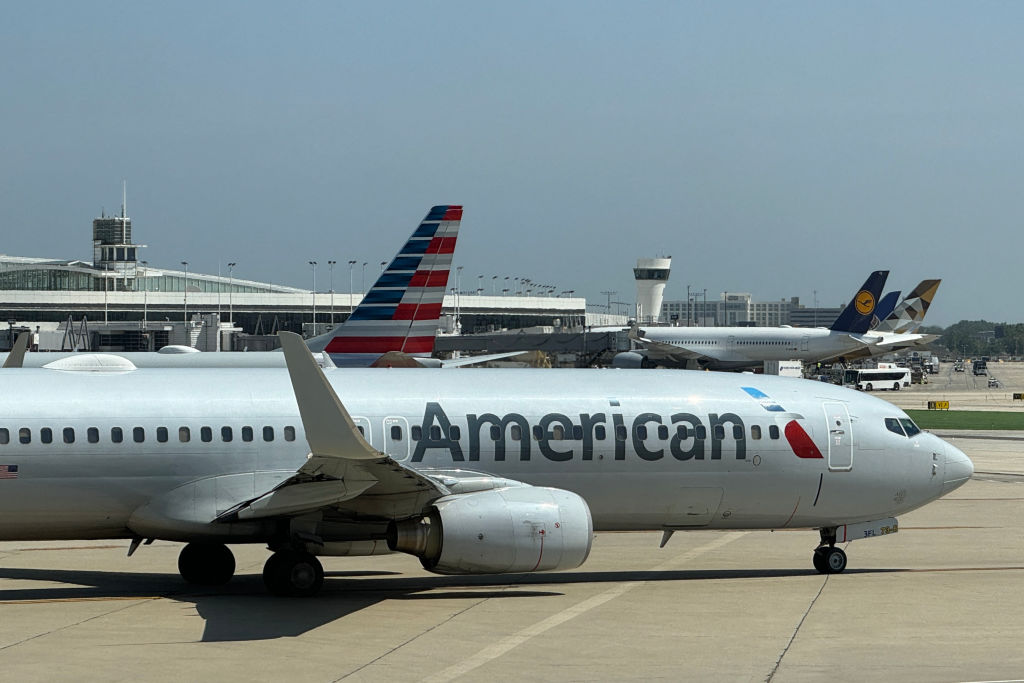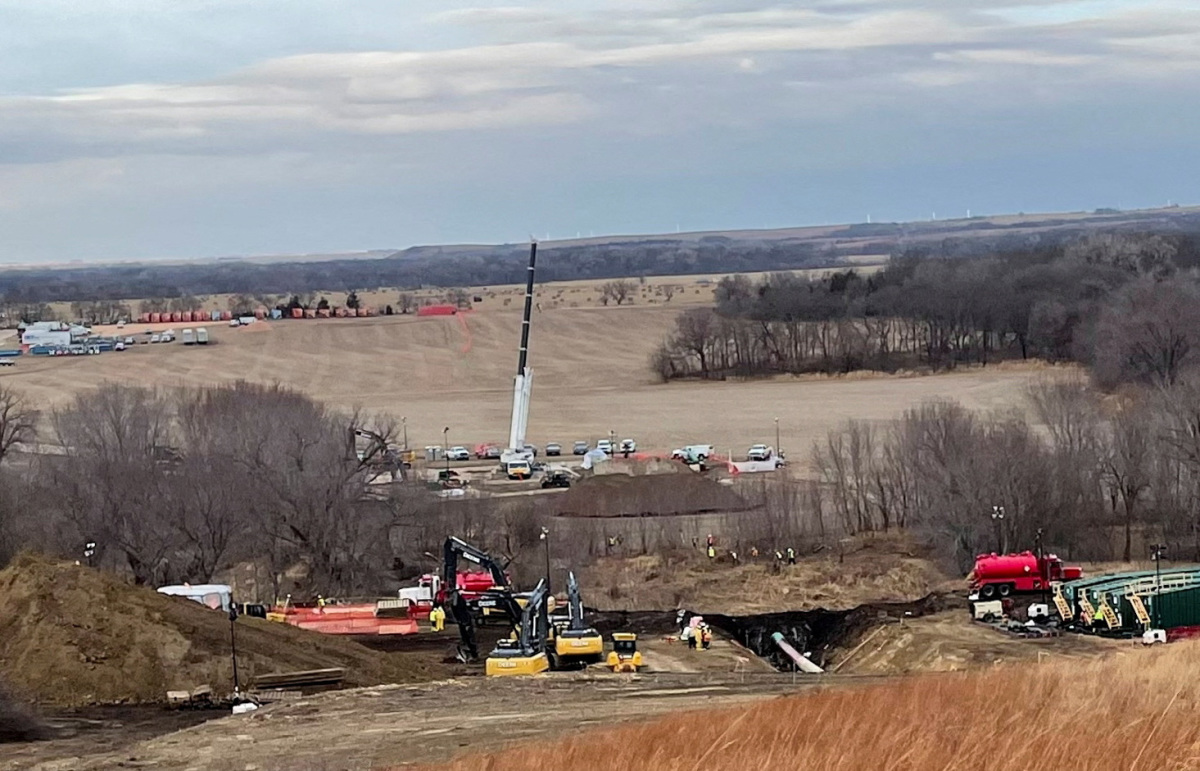AFP
Peru’s new president appointed new ministers Wednesday as the country reeled from ongoing protests against the ouster of her leftist predecessor and a diplomatic spat with Mexico simmered.
President Dina Boluarte’s chosen prime minister is Alberto Otarola, who as defense minister oversaw a state of emergency that allowed military deployment to help quell protests in support of ousted president Pedro Castillo.
Clashes between protesters and the security forces have resulted in 22 deaths, according to an update from Peru’s rights ombudsman, with hundreds more injured.
Otarola is Peru’s seventh prime minister since Castillo took power in July 2021.
Boluarte, who was embattled Castillo’s vice president and took over after he was impeached and arrested on December 7, has agreed to move up general elections initially scheduled for 2026 in a bid to ease tensions.
Her takeover is widely regarded as illegitimate by Castillo backers, who have taken to the streets in their thousands demanding his release despite a rash of graft accusations.
On Tuesday, Peru’s Congress voted for elections to be held in April 2024, stipulating that Boluarte must hand power to the winner in July 2024.
Castillo’s removal from office and arrest came after he sought to dissolve Congress to rule by decree.
With his Indigenous roots and a humble upbringing, Castillo is popular in poor, Andean regions where he is seen as one of the people and an antithesis to the political and economic elites in Lima.
His ouster was also criticized by leftist Latin American allies including Mexico, sparking a diplomatic row.
The government in Lima, which felt slighted by Mexican President Andres Manuel Lopez Obrador’s support for Castillo, on Tuesday declared the Mexican ambassador persona non grata.
It gave the envoy, Pablo Monroy, 72 hours to leave the country.
Castillo was arrested as he made his way to the Mexican embassy in Lima to request asylum.
On Wednesday, Lopez Obrador ruled out cutting diplomatic ties with the Andean nation so as to “give protection to the Mexicans who live in Peru.”
While accusing the Peruvian government of fomenting the crisis “for their personal ambitions and their economic interests,” he added: “We will not expel anyone.”
Peru had agreed to give safe passage to Castillo’s wife Lilia Paredes and the couple’s two children, who arrived in Mexico, which has offered them asylum, on Wednesday morning, said Lopez Obrador.
Both Castillo and his wife are under investigation for corruption in Peru.
Protests continued on Wednesday though they were more muted. Several roads remained blockaded.
“Fortunately, transport has been restored at airports and on the main roads,” Otarola told journalists.
“Some are still held, and we urge the population is to stop with this attitude of extreme violence that has happily diminished.”
Not everyone has been assuaged by the new election date, however.
The government should “respect what the people are asking for,” merchant Francisco Chinotaipe, 55, told AFP in Cusco, the gateway city to the Inca citadel of Machu Picchu.
“Thirty-two million Peruvians are asking for elections to be held in… four or six months, that’s what all Peruvians are demanding.”
Senayda Rivas, a 40-year-old travel agent, said holding elections sooner could prevent rigging.
“In 2023 new government contracts are due to be signed and there will be money involved and corruption involved. If we do (the elections) in 2023, that may be avoided.”
Demonstrations sparked by Castillo’s arrest have rattled the country, with roadblocks and airport disruptions and thousands of tourists stranded for days, including at the famed Inca citadel of Machu Picchu.
On Tuesday, a delegation from the Inter-American Commission on Human Rights arrived in Lima on a fact-finding mission.
Castillo, 53, unexpectedly took power in elections last year.
He immediately came under fire from his many political rivals, surviving two early impeachment bids, and soon also found himself in the cross-hairs of prosecutors looking into graft claims.
He is the subject of six separate criminal investigations.
Castillo has been ordered held in pre-trial detention for 18 months.
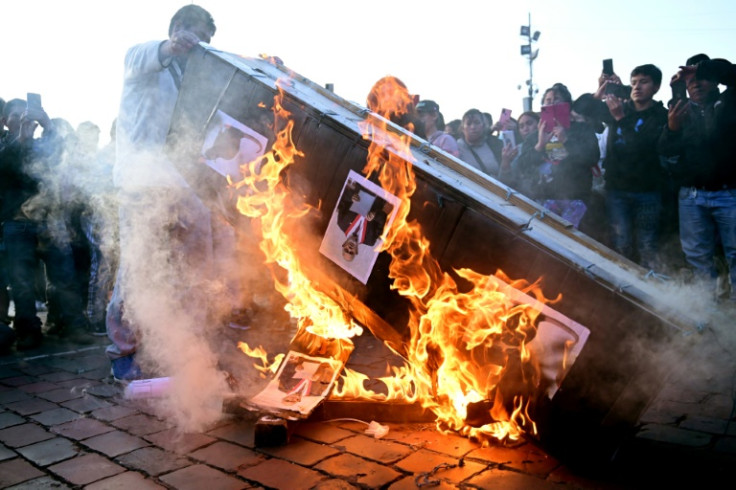
AFP
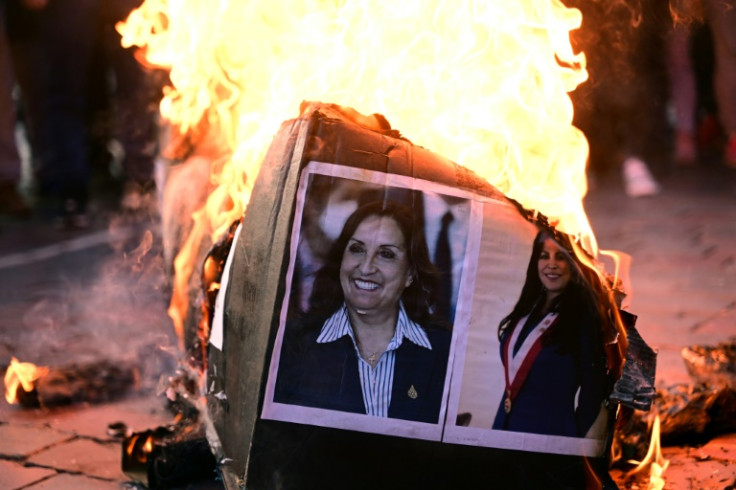
AFP
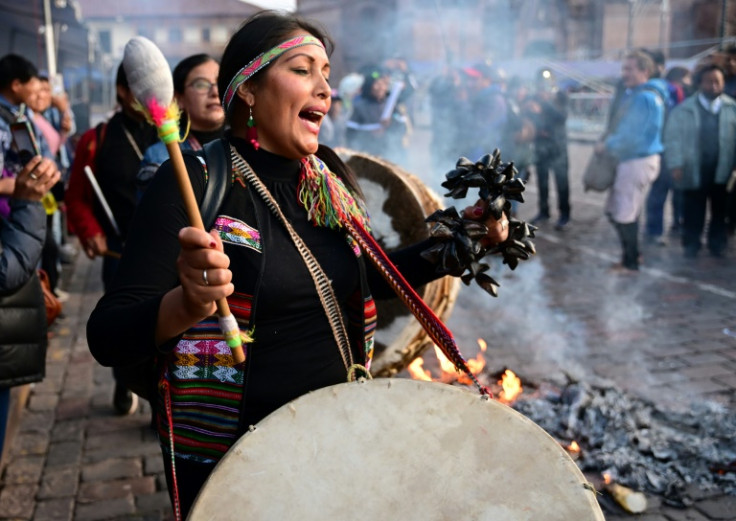
AFP
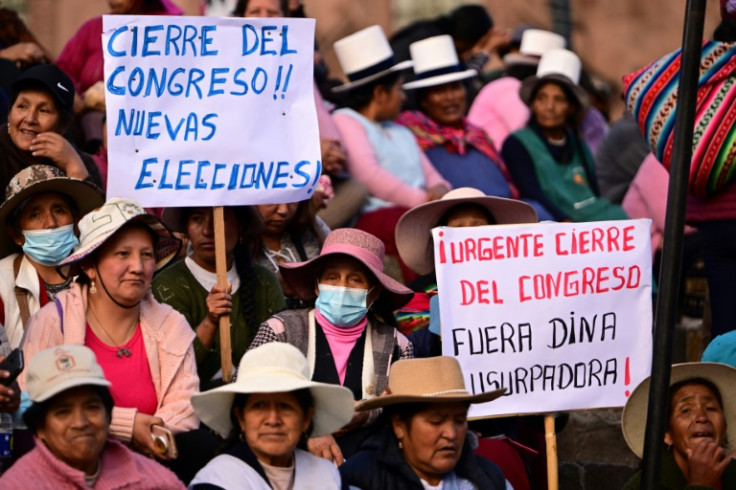
AFP

